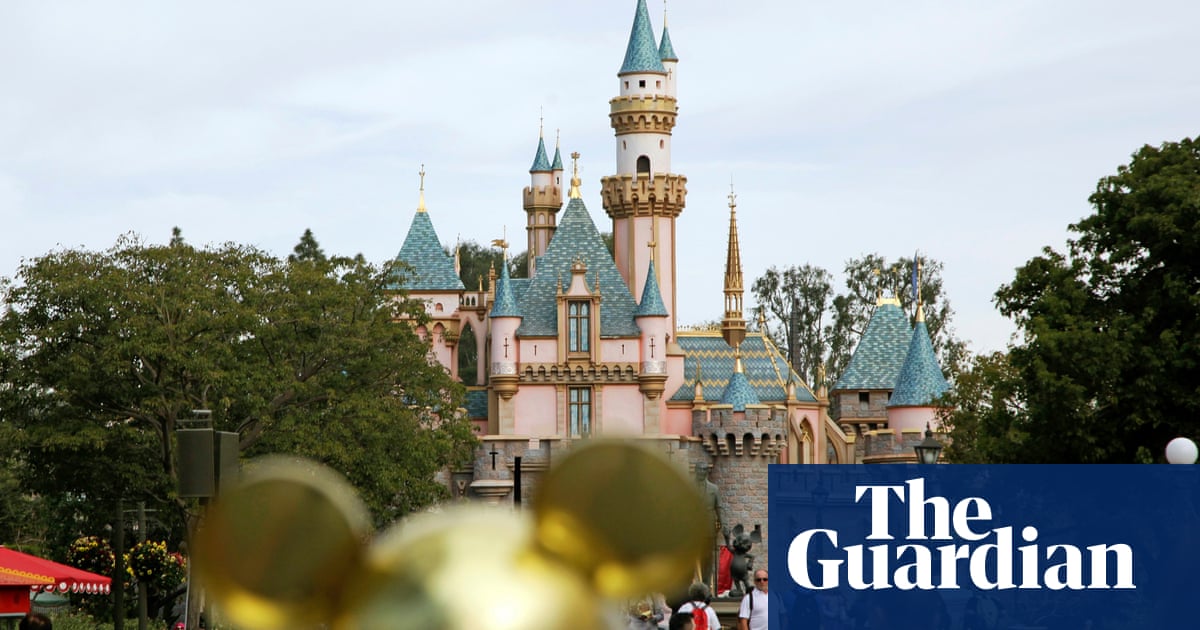- cross-posted to:
- leftism
- cross-posted to:
- leftism
Company could endure biggest US strike of 2024 as unions accuse it of intimidation during contract negotiations
Disney could face the largest strike in the US this year after it was announced that thousands of theme park and hotel workers in California will vote on whether to stage a walkout.
Three trade unions representing 14,000 “cast members” at Disneyland, Disney California Adventure, Downtown Disney and the Disney hotels announced an unfair labor practice strike vote would be held next week amid negotiations over a new union contract.
In a critical statement, union leaders accused Disney of “unlawful discipline and intimidation and surveillance” of union members. The entertainment giant did not immediately respond to a request for comment.



Oh shit, this is big. A ULP strike means that Disney wouldn’t be allowed to hire scabs
What are scabs?
“scab” is a very common term in labor politics, meaning someone that is hired to replace striking workers (they stop the bleeding of cash flow). Being a scab is probably one of the worst things you can be in labor circles, because unions and striking workers are why we aren’t working 100 hour weeks for $1/hr.
That makes sense; thank you!
Scab pay is often 2-3 higher than normal to draw them in as well
Why wouldn’t they be allowed to hire scabs? Is it that the union is especially strong here?
A long standing NLRB rule is that scabs can only be hired if workers go on a strike for economic reasons (wages, benefits, etc). If workers go on strike because the employer violated labor law, then the employer is barred by labor law from breaking the strike with scabs. Imo it’s one of the best rules to ever come from the NLRB
It’s also one that’s unfortunately up for reconsideration after the Supreme Court overturned Chevron deference. That rule (as well as almost every other NLRB rule) could go away unless it is explicitly re-enshrined by Congress.